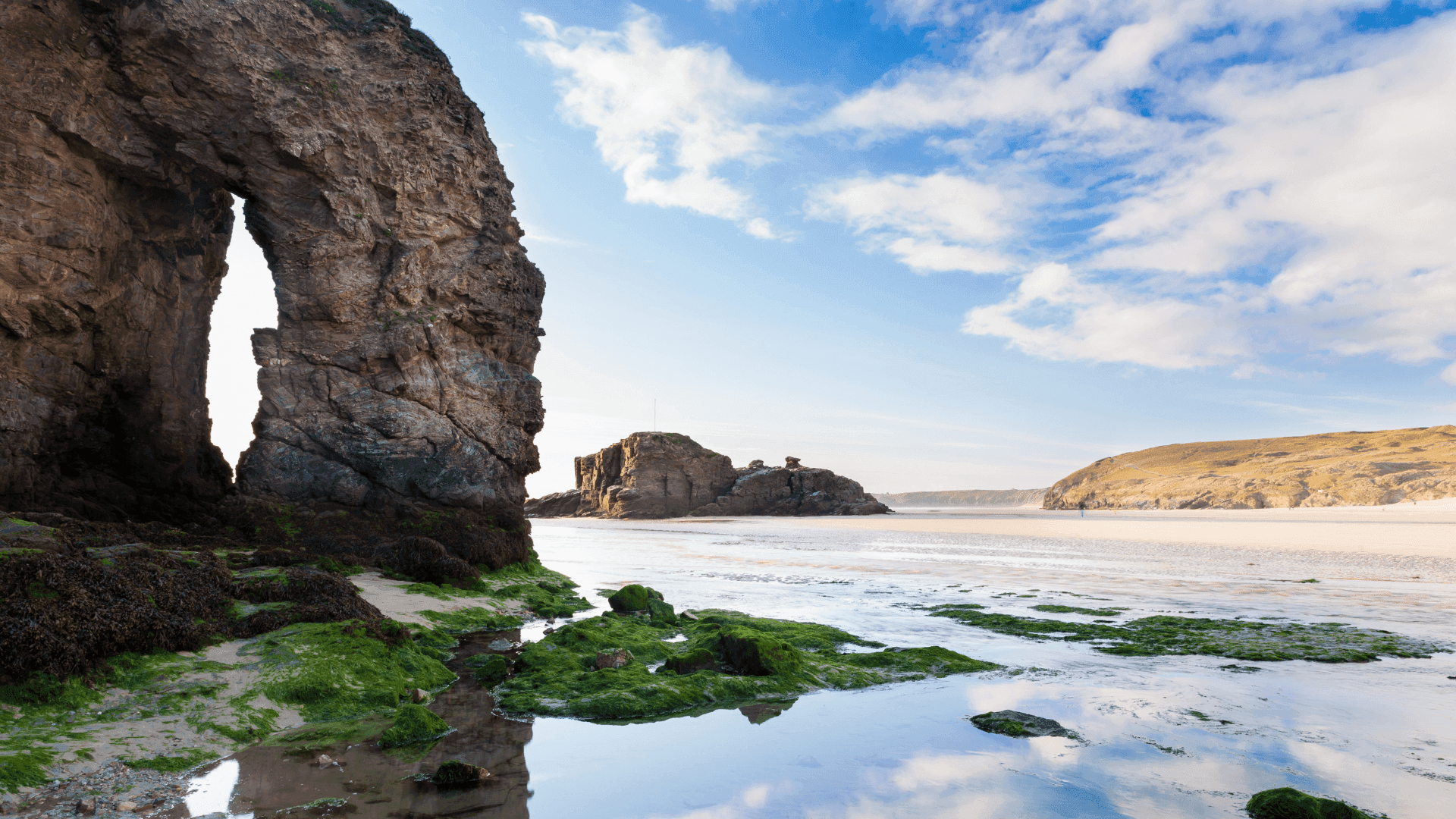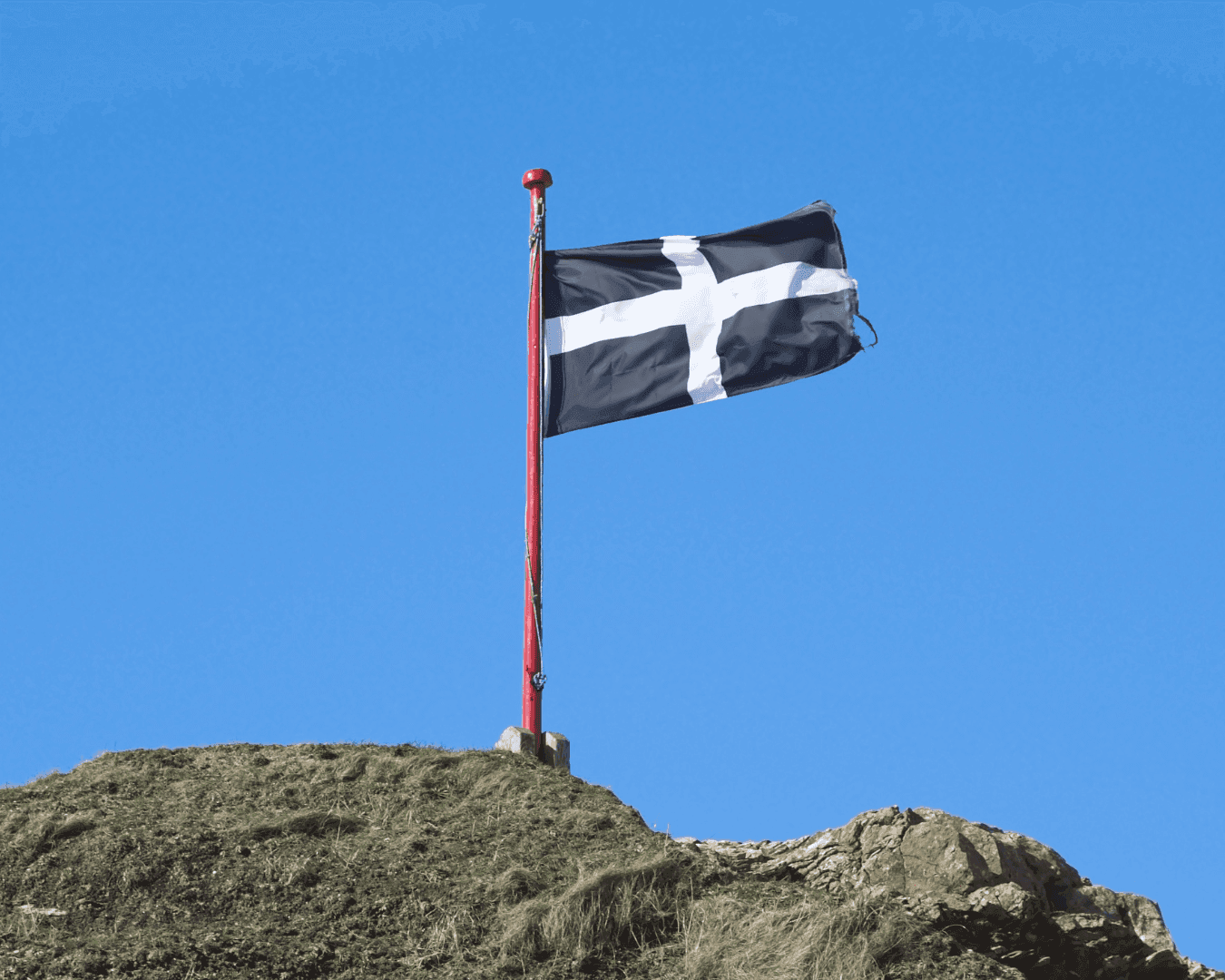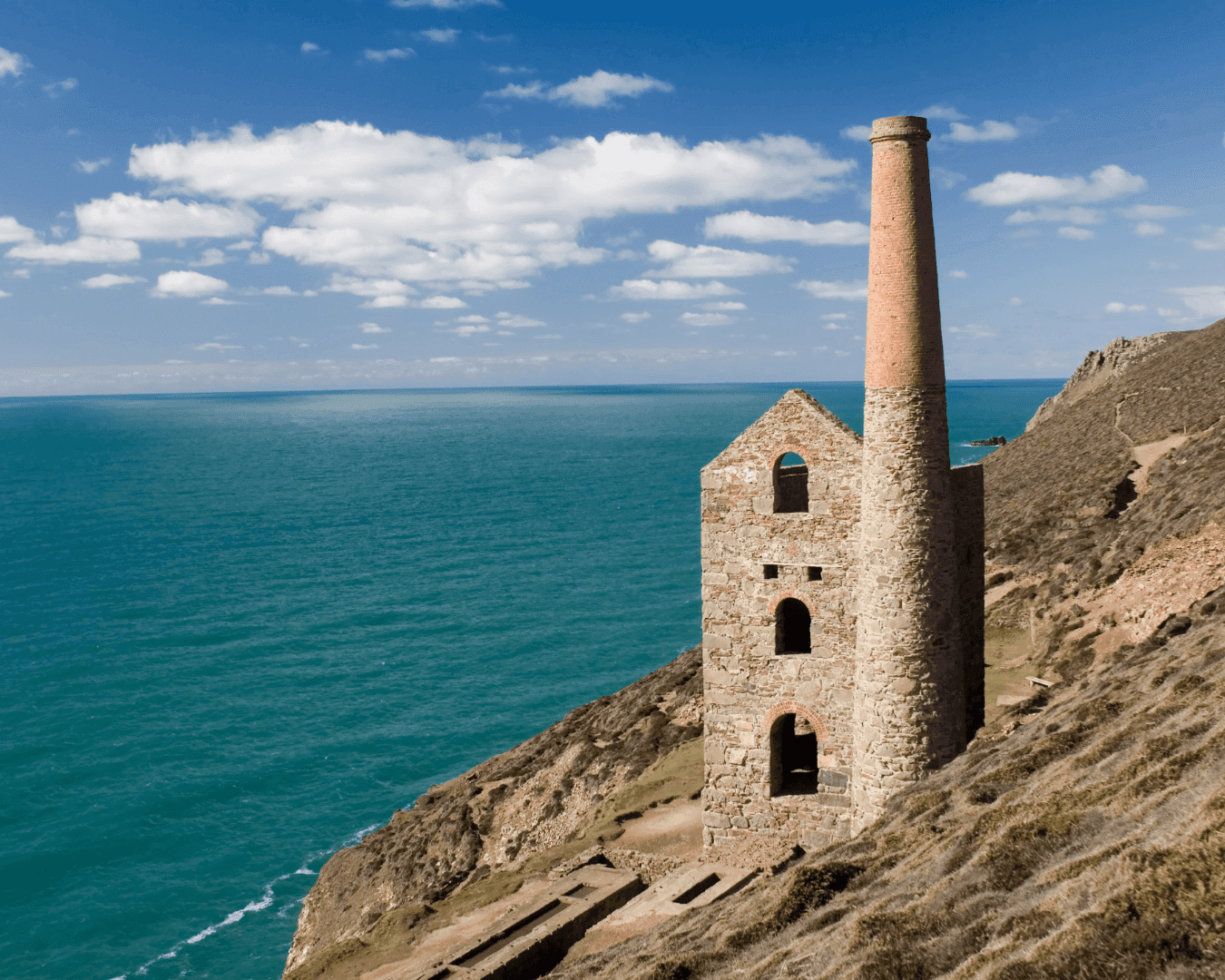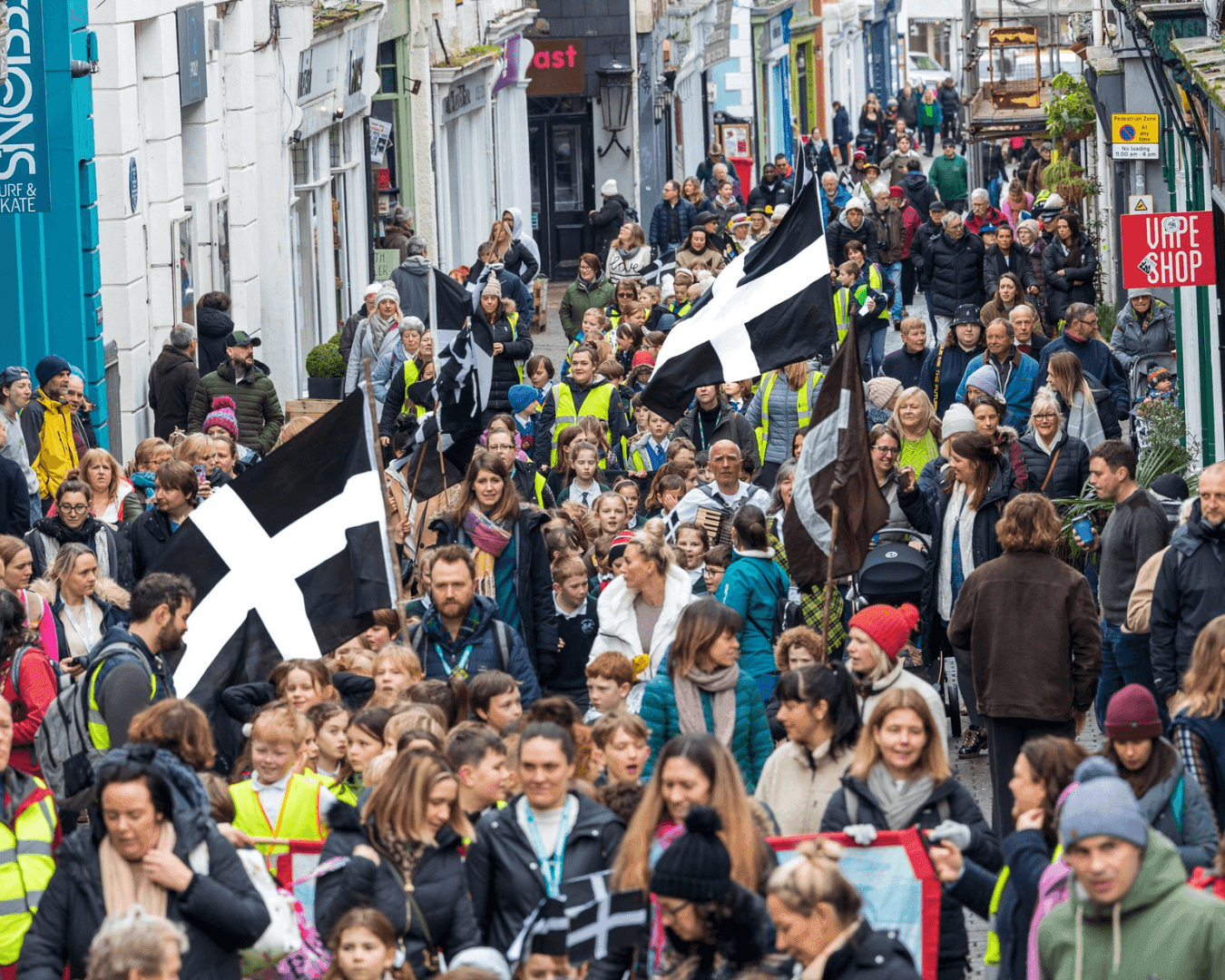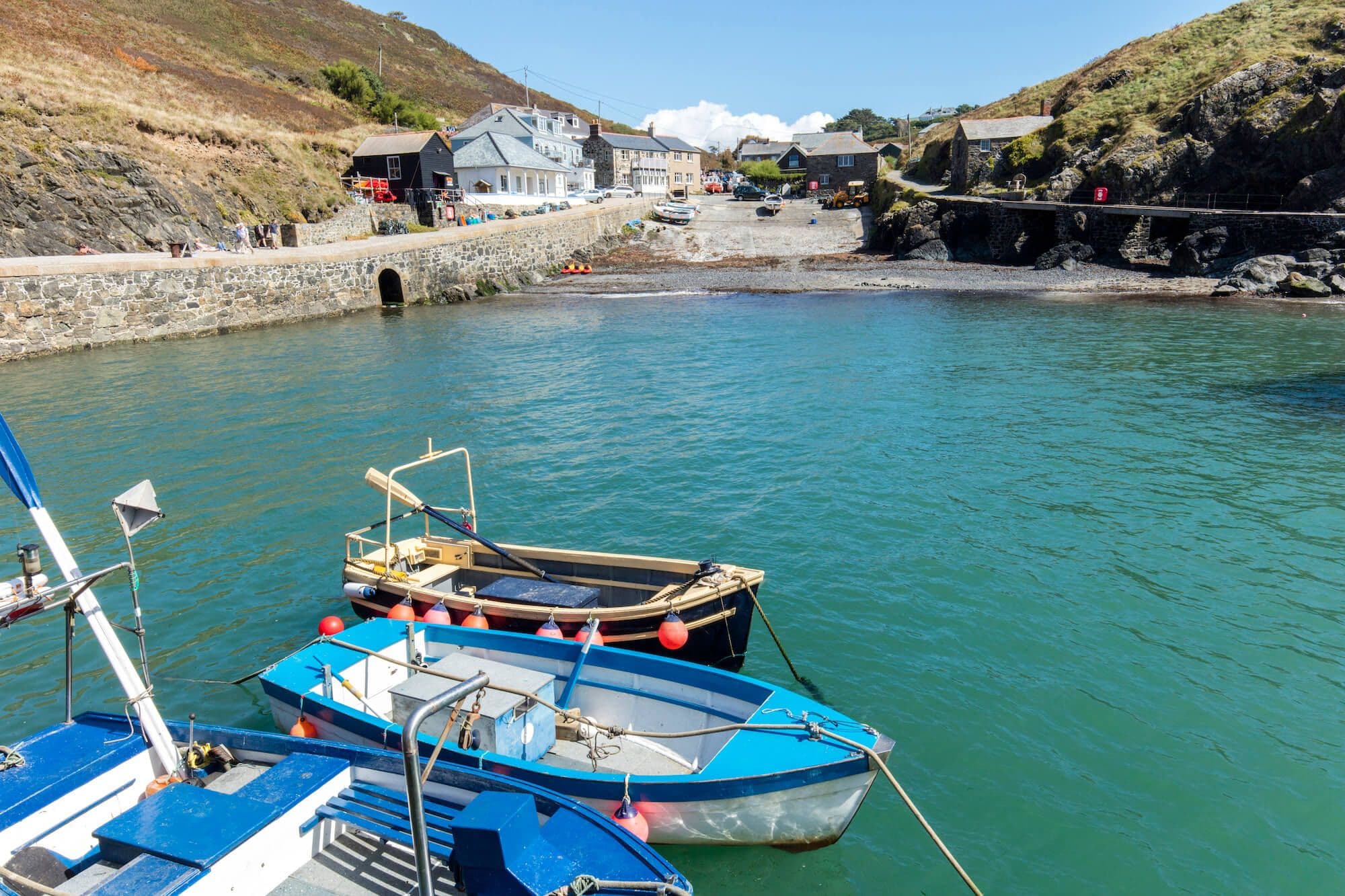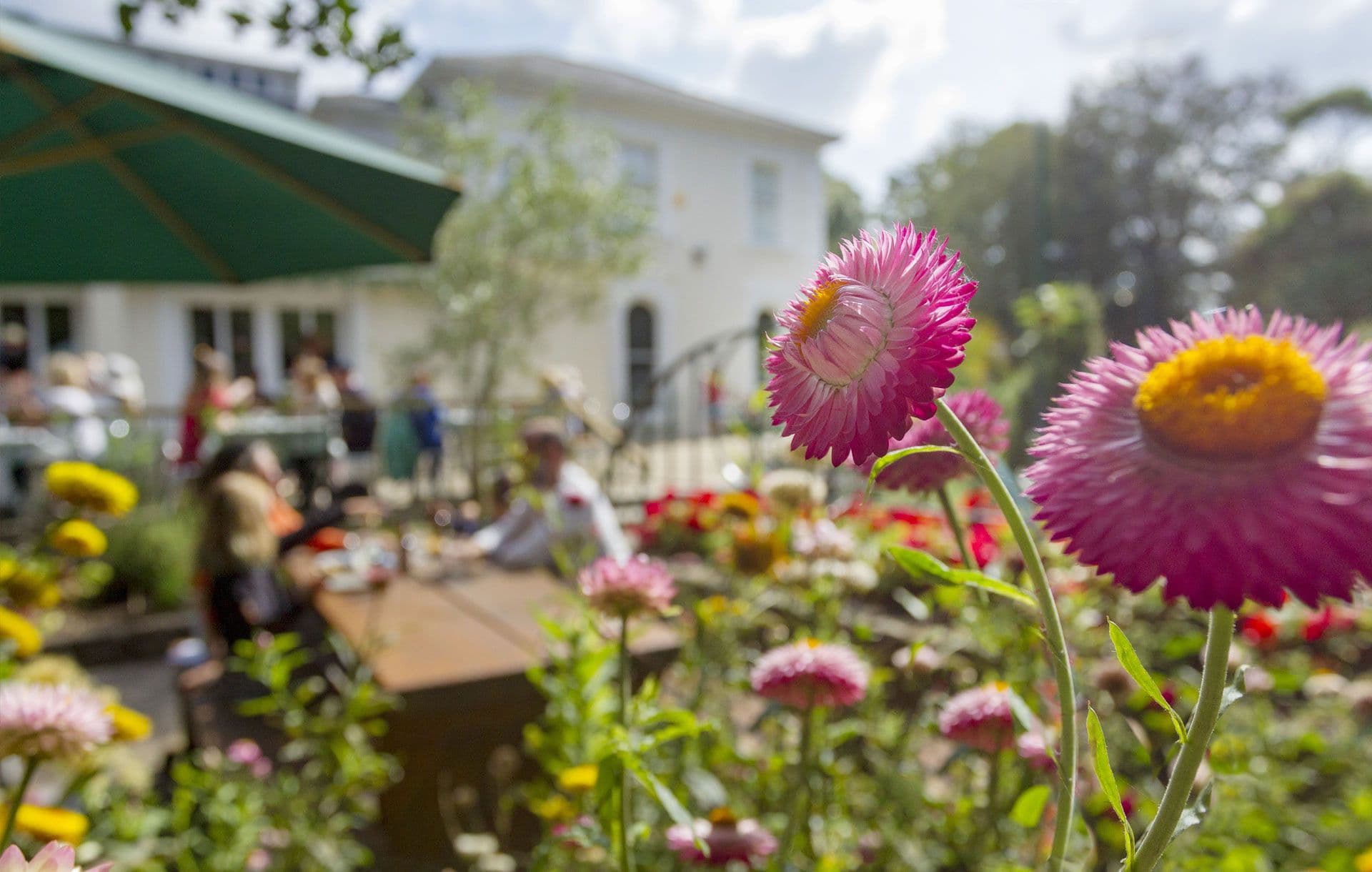St Piran's Story
The Miraculous Journey to Cornwall
St Piran was a bishop originating from Ireland renowned for performing miracles, including bringing soldiers back from the dead. Despite the profound good he brought, some were envious of his ability to heal and exiled him from Ireland. Legend has it he was chained to a millstone and cast out to a stormy sea from a cliff top. However, upon entering the sea, the waters calmed around him, the wind died down to a gentle breeze and he was sailed upon the millstone safely to Cornwall, landing on the 5th March, which later became his feast day. Today, St Piran's Day is celebrated annually on the 5th March, with events taking place across the county.
Landing on Perranporth Beach, later named in his honour, St Piran embraced a life of solitude as a hermit, seeking spiritual contemplation amongst the rugged Cornish landscape. It was during this time of solace that he built his oratory, a sanctum for prayer and meditation. Legend suggests that his first disciples were unlikely yet loyal creatures including a badger, a fox, and a bear. As word of his miracales spread, people travelled from miles around to listen to him preach and seek out his charitable aid. Today, the remains of his oratory stand as one of Britain's oldest Christian worship sites, drawing pilgrims from near and far.
Patron Saint of Tin Miners
St Piran cherished nature in all its forms, often gathering stones and pebbles to decorate his alter. One day, he picked up a piece of black stone to be used as a hearth. When he lit a fire on the black stone, something remarkable happened: the heat of the fire caused white liquid to seep out from the hearth stone. This turned out to be tin, a discovery that has shaped Cornwall’s history and earned him the patronage of tin miners. The national flag of Cornwall is said to depict the saint’s discovery of tin – the white cross on black background represents the metal flowing from the black Cornish rocks.
St Piran’s Day was widely celebrated by tin miners in Cornwall who would receive a bonus of sixpence or one shilling to celebrate the day. It marked a day of feasting, with many consuming large amounts of alcohol and food both on St Piran’s Day and throughout Perrantide, the week leading up to St Piran's Day. St Piran himself was said to be very fond of large feasts and good wine, so much so that legend even recounts that St Piran died at the age of 206 after drunkenly falling down a well. The Cornish phrase “as drunk as a Perraner” is said to originate from St Piran’s penance for a good drink.
Revival and Celebration: St Piran's Day in Modern Cornwall
Alongside the decline of mining after the 1860s, St Piran’s Day gradually lost prominence. However, following a revival for Celtic traditions towards the end of the 19th century, it reclaimed its status as a beloved celebration once again. Today, St Piran’s Day is celebrated widely and enthusiastically throughout Cornwall with marches, festivals, and Cornish-themed events honouring St Piran's legacy. It’s a fantastic day for locals and visitors alike to immerse themselves in Cornish culture, enjoying the vibrant festivities, music, and traditional dances that honour St Piran. The celebrations offer a wonderful opportunity to learn about Cornwall's rich heritage and to celebrate amongst a sense of community.
Stay connected
Find us on socials and stay connected with the Cornwall you love.
We use cookies to personalise content and ads and to analyse our traffic. You consent to our cookies if you continue to use our website. (Privacy Policy)
